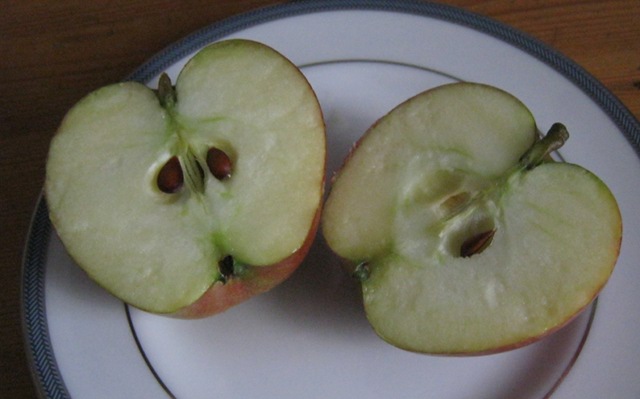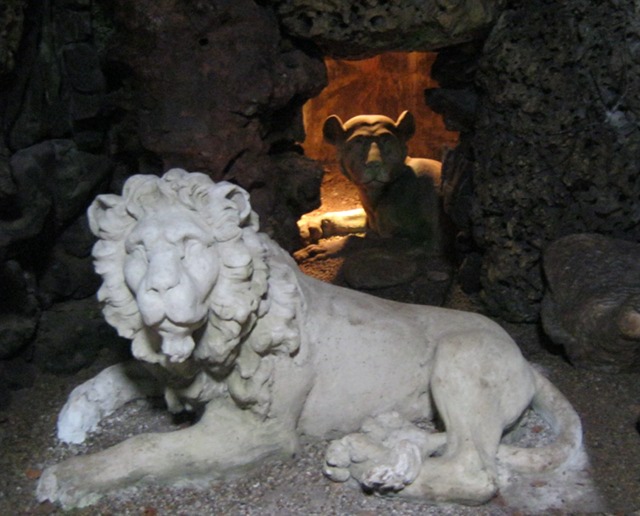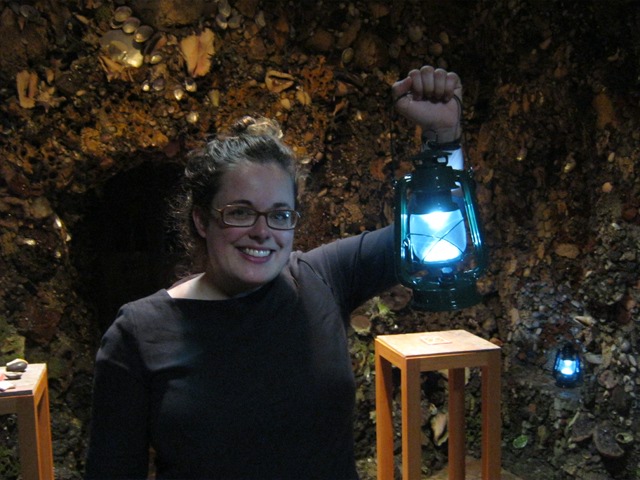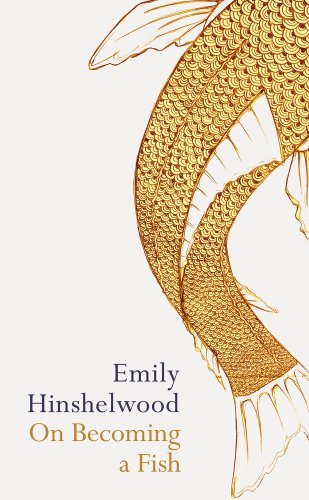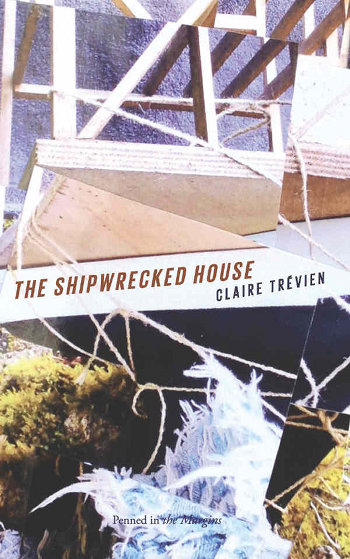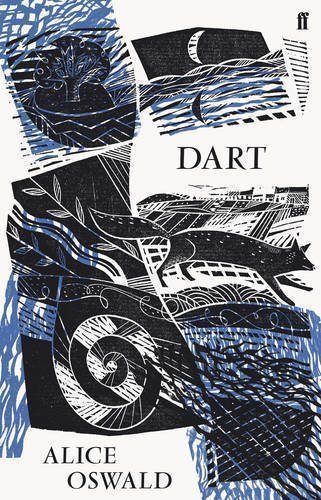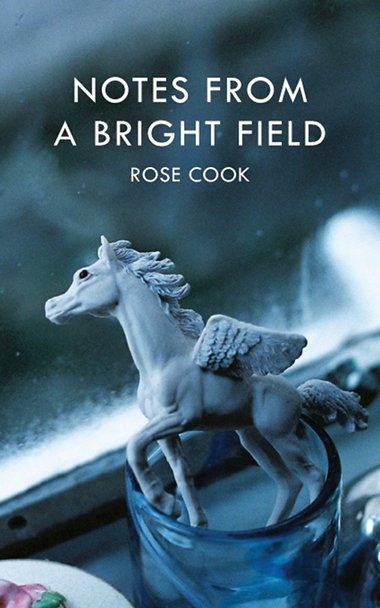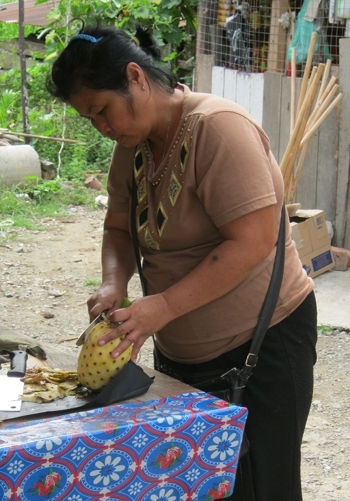 A small poem of mine, Strays, has been published in the current issue of Literary Bohemian, one of the most beautiful online publications of travellers’ tales that I know.
A small poem of mine, Strays, has been published in the current issue of Literary Bohemian, one of the most beautiful online publications of travellers’ tales that I know.
The poem appears in Issue 22 – Something About Water, although my ode is entirely earthy (it is set on an island, but a sizeable one) – curious when so many of my poems and stories are water-themed and inspired. As the editors comment, the issue is mostly about water, but also about sex and war. I think my poem encompasses both of the latter in a small way.
There are some wonderful reads in the issue, so do have a browse. I’m particularly taken with Ariana Nadia Nash’s The Pond. It holds the depths of a novel in just four brief, beautiful paragraphs. Impressive.
You can read Strays here. I’ll warn you, it isn’t one of my prettiest. I wrote it during an extraordinary trip to Borneo. The lady pictured here features in the poem, though she doesn’t have a starring role.
My small poem Intimacy has been published by Nutshells and Nuggets, a lovely lit mag that focuses on very short poems. I’m really pleased they chose to publish this one because it was written from the heart about my beloved. A small poem, about a big man!

